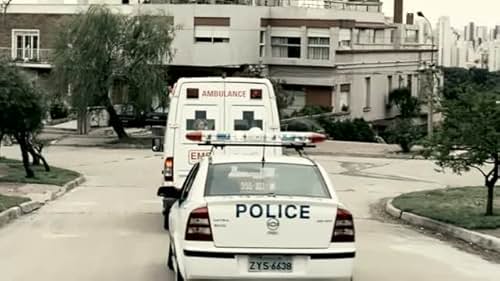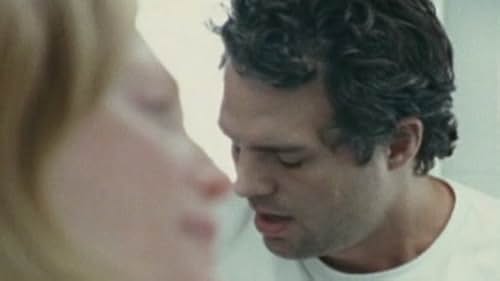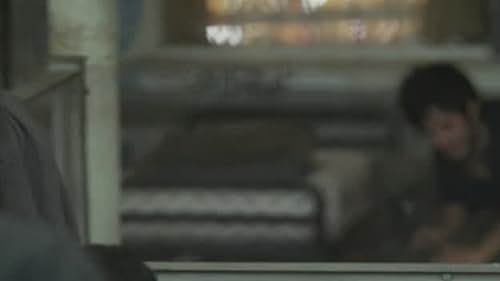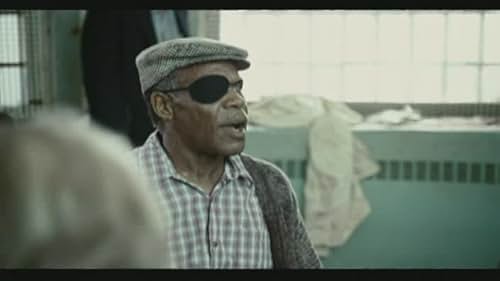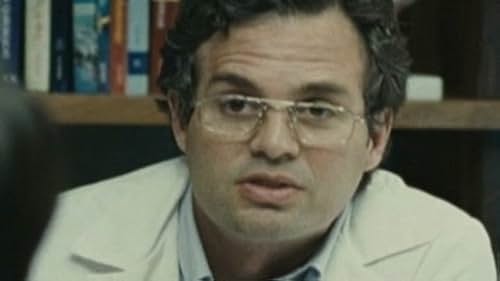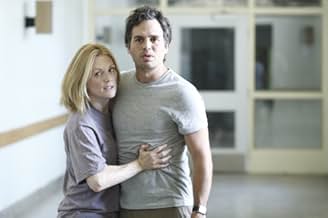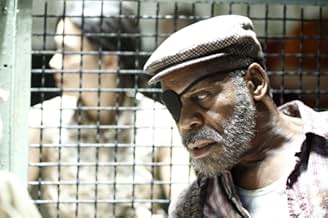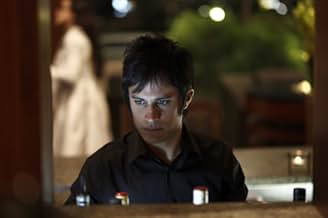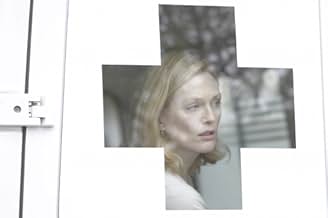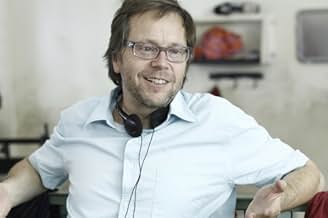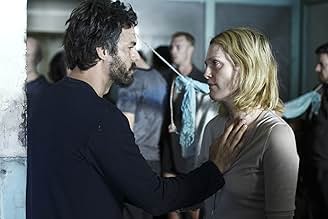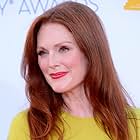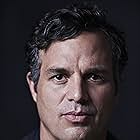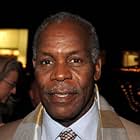Sometimes I wonder. At times, it seems that we all have some shared cinematic values — that some art can reach us all. Sure, we usually sacrifice depth in the process, but that's a small enough occasional price for the joy of laughing with a crowd. It is no small part of the experience, that shared dark room with no remote control.
So when I see a movie like this, I wonder why it doesn't fit the niche. It is extraordinarily well done. The eye is used to convey not only narrative movement — as usually is desired — but situated group emotion as well. It does this in a straightforward, effective way. It is high cinema, but not requiring deciphering. Some visual episodes here simply took my breath away. They worked, all of them that I got, because Julianne understood what they were and how to support them.
The story has allegorical elements about society and family, humanness and knowing. I would have preferred that they be more subtle, more Chinese. But they worked. You could see the balance, the perfect weighing of values, the texture from a Nobel-level writer.
So this should have been embraced by everyone. High visual art with accessible vocabulary and visceral effect. Obvious allegory, but with rich immediate motion. Several unexpected turns. But for some reason it wasn't. As I knew this going in, it became a sort of parallel context that was carried along. This was absolutely pummeled by the newspaper writers, not critics really; just reporters of a supposed banal zeitgeist.
Viewers on IMDb were not so savage, but this, like "Children of Men" did not get the exposure it deserved. The business about goodness grown from being forced to live on the periphery of dangerous tribe simply did not carry from "City of God" to here, though the similarities are striking.
So I wonder whether it is me that is blind here, in celebrating this, or the other way.
Ted's Evaluation -- 3 of 3: Worth watching.

